Encyclopédie
Encyclopaedia, or a Systematic Dictionary of the Sciences, Arts, and Crafts
Cindy Nguyen - Vietnamese History

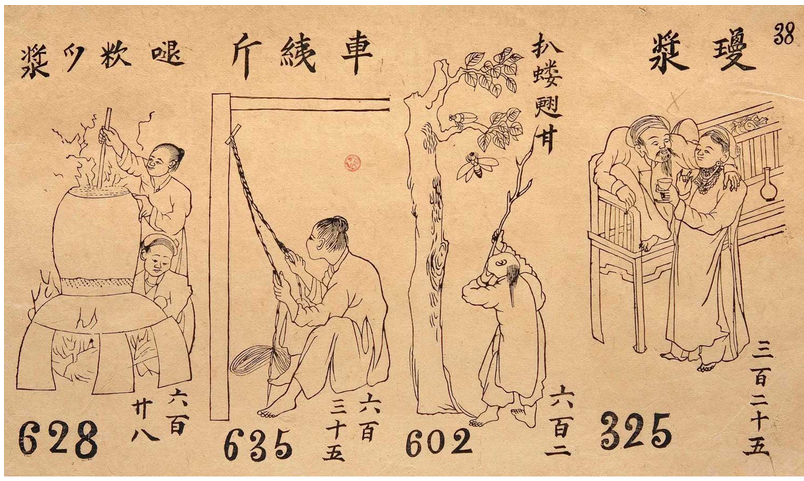
Technique du peuple Annamite (Mechanics and Crafts of the Vietnamese) (1908-1909)
Denis Diderot (1713-1784)
Jean Le Rond d'Alembert (1714-1783)
- Mathematician, l'Academie Royale des Sciences and l'Académie française
- part of project until 1759
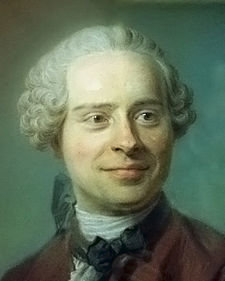
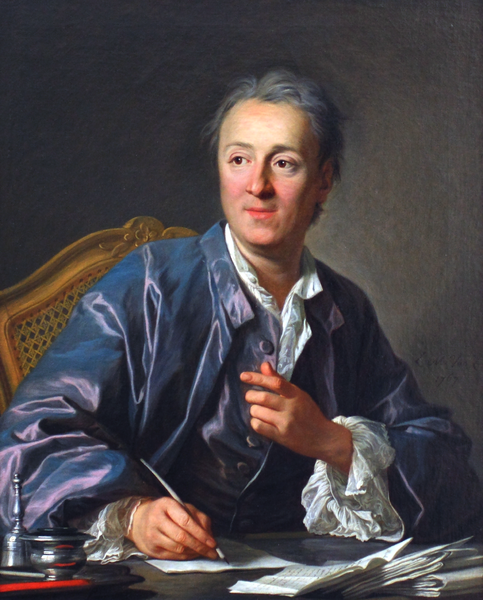
- "Letter on the Blind" (1749) knowledge through perception and five senses
Material
- 28 volumes over 21 years (1751-1772) multiple suspensions and bans
- 1700- 4250 copies print run
- subscription, not just Paris elite, also provincial elites
- by the end, 150 authors, international collaboration including Voltaire (senior philosophe), Rousseau (friend of Diderot, later renounced...)

Context & Precursors
- Encyclopédie - This word means linking of areas of knowledge [enchainement de connaissances], it is composed of the Greek preposition en and the substatives circle and knowledge.
- Francis Bacon - Scientific Revolution, man at center, total knowledge
- The Enlightenment 18th century spirit & free thinking
- Ephraim Chambers' Cyclopaedia 1728 translation project (and partly plagiarized)
- Burke: "mutually reinforcing tripod of the curricula, libraries, and encyclopaedias"
Purpose
[T]he encyclopedic arrangement of our knowledge …
consists of collecting knowledge into the smallest area
possible and of placing the philosopher at a vantage
point, so to speak, high above this vast labyrinth,
whence he can perceive the principle sciences and the
arts simultaneously. From there he can see at a glance
the objects of their speculations and the operations
which can be made on these objects; he can discern the general branches of human knowledge, ...and sometimes he can even glimpse the secrets that relate them to one another. It is a kind of world map which is to show the principle countries, their position and their mutual dependence, the road that leads directly from one to the other. (d'Alembert)
Baconian Project
- brought together and shared knowledge of skilled artisan, craftsman, philosopher
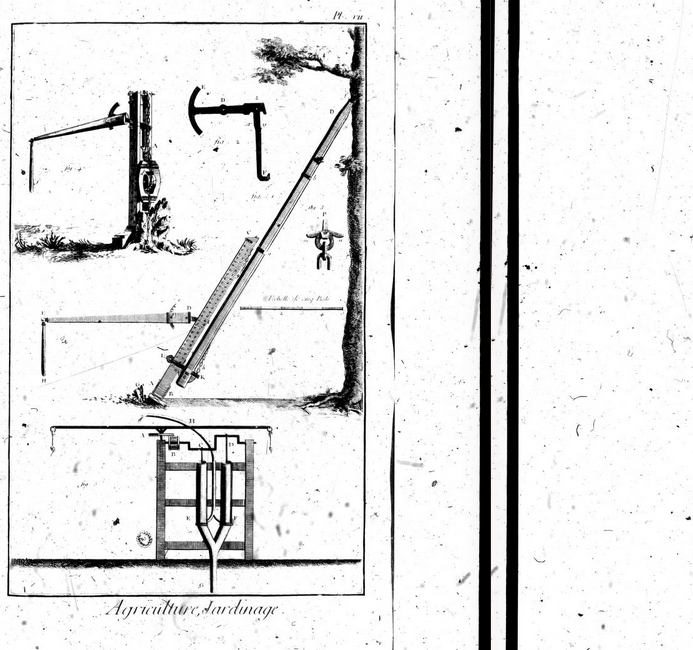

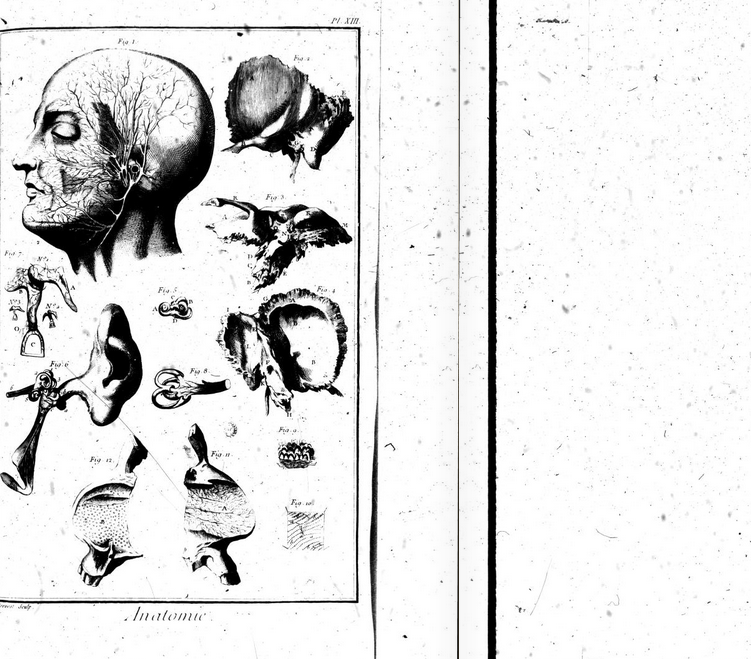
Organization
- alphabetical
- --> flexibility to also have 'unorthodox' entries since broken up narrative and argument
- united by system of cross-reference
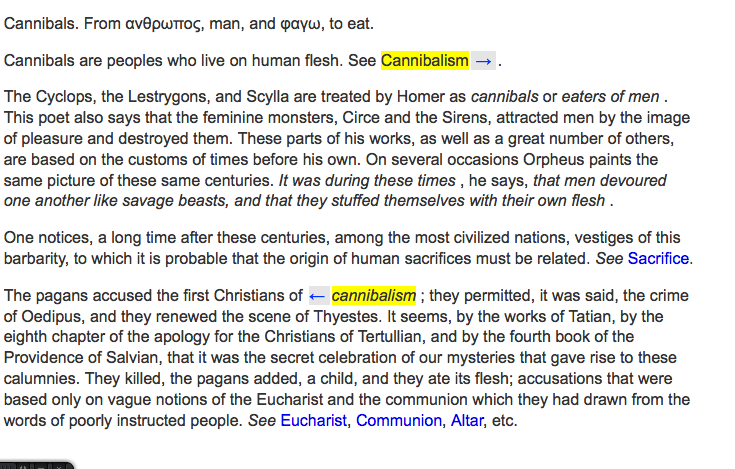
Significance - knowledge & power
Intellectual emancipation: Secular challenge to the Catholic Church as a beacon and center of knowledge
- center of intellectual discussion
- impact upon size of books: multi-volumed
- relationship to French Revolution (created the climate, more a force of Rousseau)
"“There is no power relation without the correlative constitution of a field of knowledge, nor any knowledge that does not presuppose and constitute at the same time power relations”
(Foucault, Michel Discipline and Punishment)
Taxonomy - "mappemonde" and tree of knowledge
shift in categorization of religious knowledge (what man knows about the world)
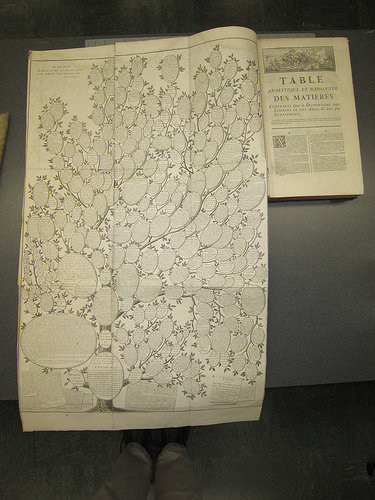

Reflection Questions
- How does one reach the decision that something should be included in an encyclopedia? What is the basis to determine what is considered knowledge and what is not?
- Should we include obvious approximations and incomplete knowledge?
- What does it mean to have uncategorized, other, or etc as part of a system of classification? Would this still considered information?
Things and words are very strictly interwoven: nature is posited only through the grid of denominations, and – though without such names it would remain mute and invisible – it glimmers far off beyond them, continuously present on the far side of this grid, which nevertheless presents it to our knowledge and renders it visible only when wholly spanned by language (Foucault, The Order of Things).